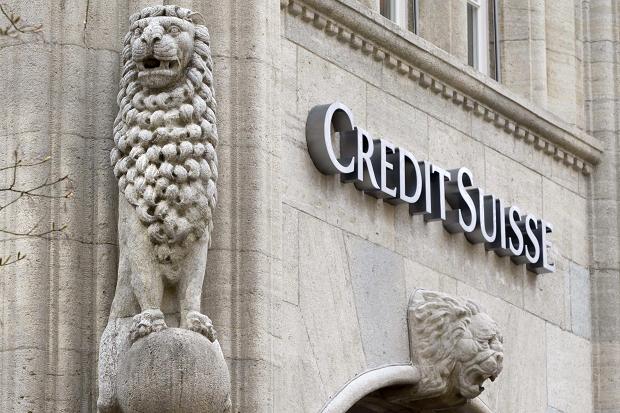The US Justice to check Credit Suisse over tax cheats

Swiss banking organization Credit Suisse is under investigation by the Internal Revenue Service (IRS) for helping Americans living in Israel or with Israeli citizenship to evade taxes, the Wall Street Journal reported Thursday. Less than three years after Credit Suisse Group paid billions and pleaded guilty to aiding tax evasion through its desk serving US clients.
The investigation focuses on the bank’s Israeli desk, which has hundreds of clients. The US Justice Department in July 2014 discovered US professor Dan Horsky, a dual Israeli-American citizen, was potentially hiding money overseas in his Credit Suisse accounts managed by the bank’s Israel desk. The dual citizen cooperated with the government, gathering recordings and other evidence that firmly placed the bank as a major funnel through which money held by American citizens was being hidden. The culprit received a seven-month sentence in prison.
According to the report, the dual citizen’s Swiss accounts contained more than $200 million in 2013. The bank, according to the investigation, removed its client’s name from paperwork in order to obscure his control of the account.
The latest probe could lead to an indictment of Credit Suisse, fresh penalties or a potential curtailing of some business, among other options, sources said — and highlighted the difficulties prosecutors faced in fulfilling promises to crack down on corporate misconduct.
Under current American law, failure by Americans to disclose income or savings in a foreign country, even if the money was earned abroad, and the American is a dual citizen and/or resident of a foreign country, is illegal. FATCA, the Foreign Account Tax Compliance Act, went into effect January 1st, with the aim of preventing money laundering and tax avoidance. Under the law, Israeli banks – as well as banks in one of 112 other countries that the legislation is aimed at – must forward to the U.S. information on accounts and financial assets owned by American citizens in those countries. Those that fail to comply are subject to a 30% tax on all transactions they conduct with American banks, as well as other sanctions, such as being banned from the SWIFT foreign banking exchange system.

